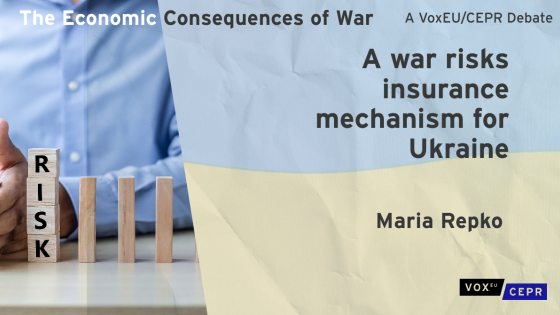DP12242 Cognitive Bias in Insurance: Evidence from India
This paper is an attempt to understand the factors behind low contract renewal rates frequently observed in insurance programs in poor countries. This is done on the basis of the experience of a micro-insurance health program in India. We show that poor understanding of the insurance concept, compounded by a serious supply-side information failure, is a major cause of low contract renewal among households which had previously enrolled into the program. Controlling for the level of their information about how to collect the insurance payout, households that did not experience a health shock during the first year tended to pull out of the scheme when they are subject to a cognitive bias reflected in short-term framing. When they are classic expected utility maximizers, however, the absence of a health shock did not affect their contract renewal decision. The policy implication of our findings is considerable since they provide a strong justification for mandatory universal health insurance.


